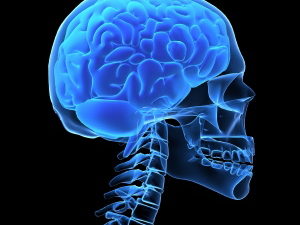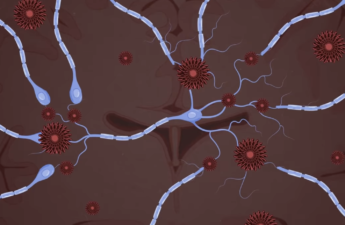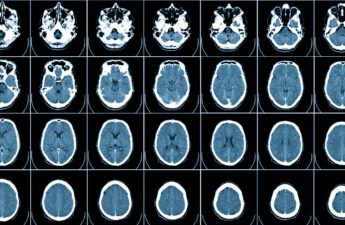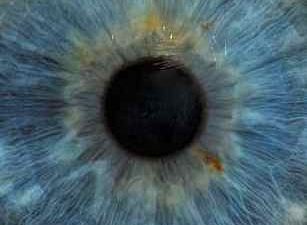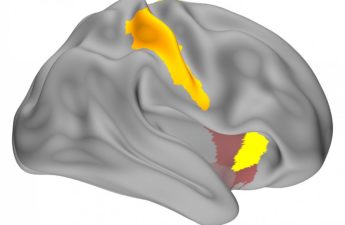Category: Brain and Nervous System
Depression is probably not caused by a serotonin imbalance in the brain – new study
For three decades, people have been deluged with information suggesting that depression is caused by a “chemical imbalance” in the brain – namely an imbalance of a brain chemical called serotonin. However, our latest research review shows that the evidence does not support it.
How your status, where you live and your family background affect your risk of dementia
Socioeconomic status has been closely linked to a range of health disorders, and dementia is no exception. Studies across multiple countries have shown people with higher socioeconomic status are less likely to develop dementia.
The FDA approved a new drug to treat Alzheimer’s, but Medicare won’t always pay for it – a doctor explains what researchers know about Biogen’s Aduhelm
The core of the issue surrounding this drug is simple: Does it actually work? Here’s an explainer on Aduhelm, the new drug to treat Alzheimer’s.
Scientists track how the brain changes over a lifetime
The volume of grey matter (brain cells) increases rapidly from mid-gestation onwards, peaking just before we are six years old. It then begins to decrease slowly. The volume of white matter (brain connections) also increased rapidly from mid-gestation through early childhood and peaks just before we are 29 years old. The decline in white matter volume begins to accelerate after 50 years.
What is aphasia? An expert explains the condition forcing Bruce Willis to retire from acting
Almost everyone with aphasia struggles when trying to come up with the names of things they know, but can’t find the name for. And because of that, they have trouble using words in sentences. It also affects the ability of those with the condition to read and write.
COVID-19 and the brain
Even mild cases of COVID-19 can leave a mark on the brain, such as reductions in gray matter – a neuroscientist explains emerging research.
Autism is still underdiagnosed in girls and women. That can compound the challenges they face
Being autistic, but not diagnosed, can lead to a lifetime of struggles and being misunderstood for women.
Risk factors that determine whether you’re more or less likely to develop cognitive decline
Why some people with mild cognitive impairment develop dementia while others don’t has long been a mystery. But a recent study has identified several factors that determine whether a person is more or less likely to develop mild cognitive impairment. These findings might give us a clue about who might be more likely to develop dementia.
‘Brain fog’ during menopause is real – it can disrupt women’s work and spark dementia fears
For nearly two-thirds of women, menopause comes with an undesirable change in memory.
Cataract surgery linked with lessened dementia risk, UW study finds.
Results reported in JAMA Internal Medicine associate cataract surgery with 30% lower risk of dementia in aging population.
Alzheimer’s Drug Targets People With Mild Cognitive Impairment. What Does That Mean?
Yet this narrower recommendation raises questions. What does a diagnosis of mild cognitive impairment mean? Is Aduhelm appropriate for all people with mild cognitive impairment, or only some? And who should decide which patients qualify for treatment: dementia specialists or primary care physicians?
How does COVID affect the brain? Two neuroscientists explain
Many with long COVID report difficulty with attention and planning — known as ‘brain fog.’
ADHD in adults: what it’s like living with the condition – and why many still struggle to get diagnosed
About 2.5% of adults are thought to live with ADHD
Study shows how taking short breaks may help our brains learn new skills
NIH scientists discover that the resting brain repeatedly replays compressed memories of what was just practiced.
Trouble Managing Money May Be an Early Sign of Dementia
Long before they receive a dementia diagnosis, many people start losing their ability to manage their finances.
